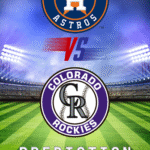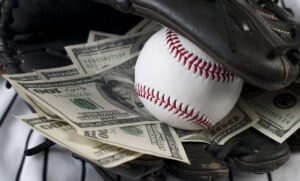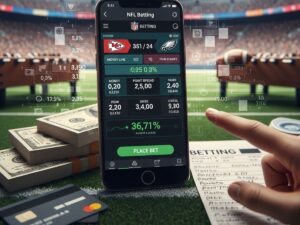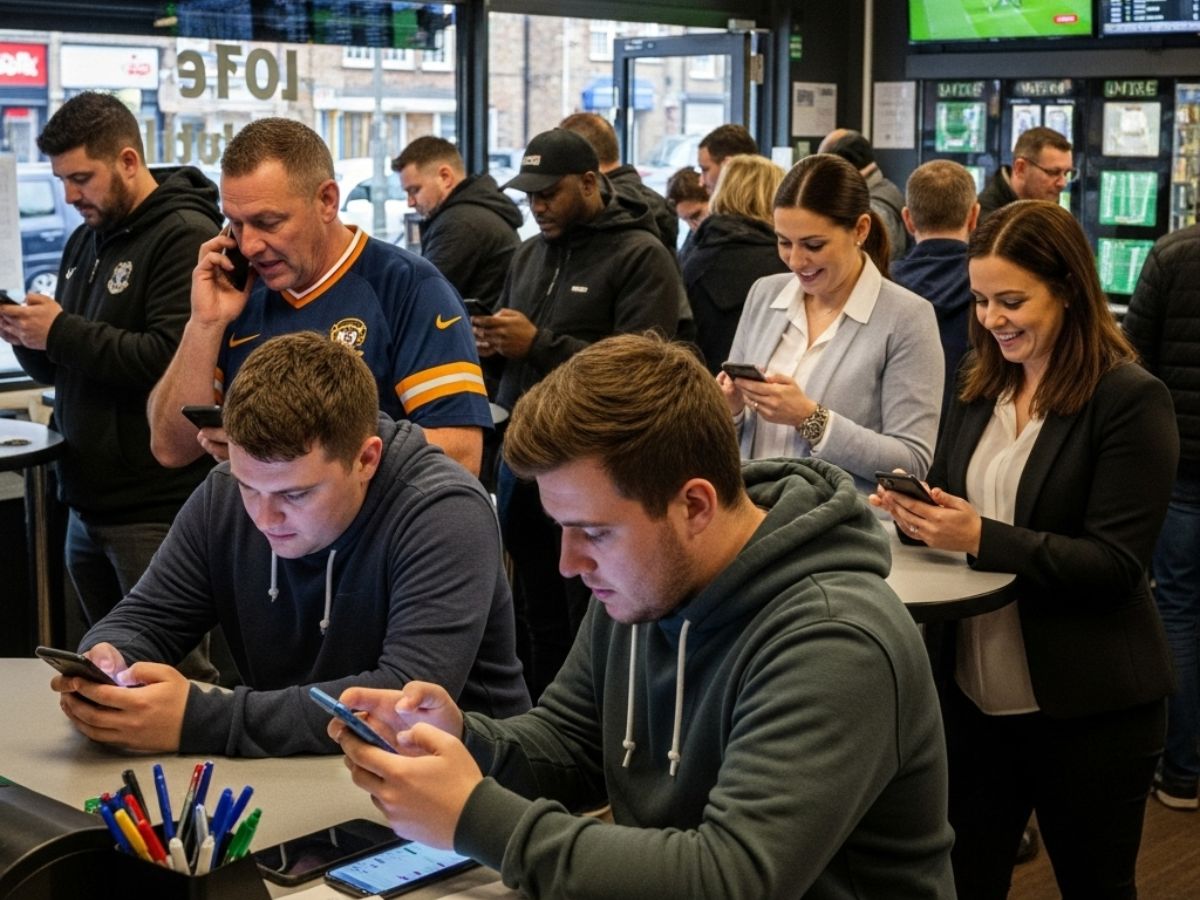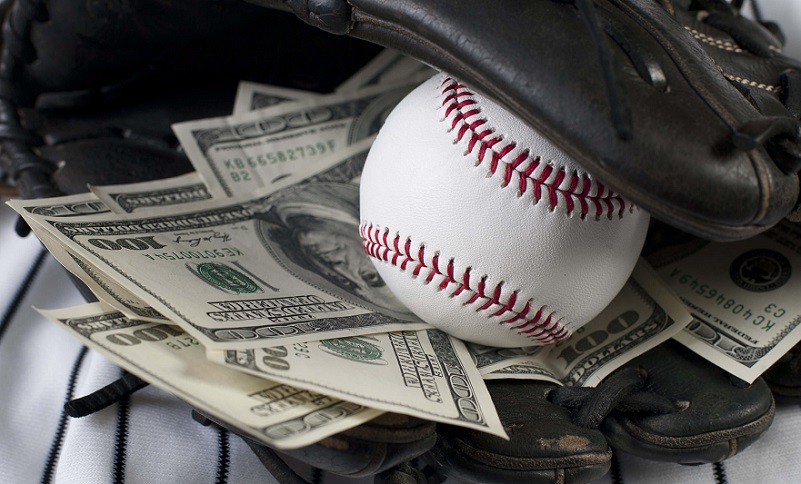MLB must strike a balance between its long-standing anti-gambling policy and new business alliances as legal sports betting grows. The league’s pressing need to preserve its integrity while accepting betting revenue is highlighted by recent scandals, such as Tucupita Marcano’s lifetime ban.
Dave Martinez, the Washington Nationals’ manager, is in his 33rd season as a major league manager, coach, or player. around 1989, while he was at the height of his playing career, MLB banned Pete Rose for life for baseball betting. Since then, he has been around major league clubhouses almost constantly.
Therefore, his response to the question this week regarding his thoughts on San Diego Padres shortstop Tucupita Marcano’s lifetime suspension for baseball betting during the previous season while playing for the Pittsburgh Pirates was as direct as it was well-informed.
Martinez remarked, “I’ll be honest with you: [The betting] was stupid.” “It is not acceptable. It has been. We have meetings during spring training. We occasionally get a message from MLB informing us that it is illegal to wager on baseball. It isn’t. Why do it? Why risk anything?
Dozens of BetMGM advertisements were scattered over the monitors in the news conference room beneath Nationals Park behind him, shining the cameras on the absurdity of MLB’s present predicament. Even while MLB has always made it plain to players that they should not gamble on its games, its acceptance of legitimate sports betting partners and the profits they generate is not only clouding morality but also creating opportunities for temptation in clubhouses around the nation.
MLB, like many other professional sports leagues, has embraced the inflow of money and attention that gambling may bring to the sport since the Supreme Court’s 2018 decision in Murphy v. NCAA permitted states to authorize sports betting.
Major league ballparks now have sportsbooks both inside and outside of them. Betting odds began to appear on TV screens, and online bookmakers like DraftKings and FanDuel began to promote game broadcasts. According to a person familiar with the agreement, Diamond Sports, the troubled former Sinclair affiliate that has a deal to broadcast games for twelve Major League Baseball teams, has agreed to start using FanDuel in favour of naming rights partner Bally Sports for those broadcasts next year.
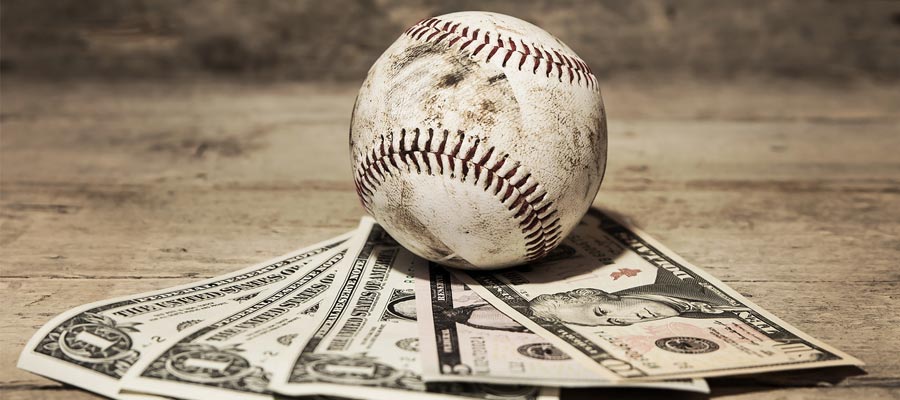
In the meantime, MLB has had two of its largest gambling scandals in over 30 years in the last three months, one of which involved its most valuable and pure talent. Ippei Mizuhara, the former translator for Los Angeles Dodgers slugger Shohei Ohtani, has acknowledged stealing over $16 million from Ohtani to settle enormous gambling debts and might be sentenced to jail. Mizuhara is not charged with baseball betting, and MLB has categorically exonerated Ohtani of any misconduct. However, MLB is well aware that repairing confidence gaps requires a lot more work than fostering them.
Commissioner Rob Manfred stated in a statement this week that “maintaining our top priority: protecting the integrity of our games for the fans, requires the strict enforcement of Major League Baseball’s rules and policies governing gambling conduct.” “For more than a century, the fundamental rule has been that participants in Major League Baseball are not permitted to wager on games. The privilege of playing baseball carries a duty to abstain from certain behaviours that are acceptable to others, as we have made clear.
Indeed, players and coaches said this week that, despite its recent dealings with sports betting partners, MLB has never been more clear with players about the importance of not betting on baseball.
Courtesy: https://www.covers.com, https://www.cbssports.com/mlb/, https://pechanga.net

